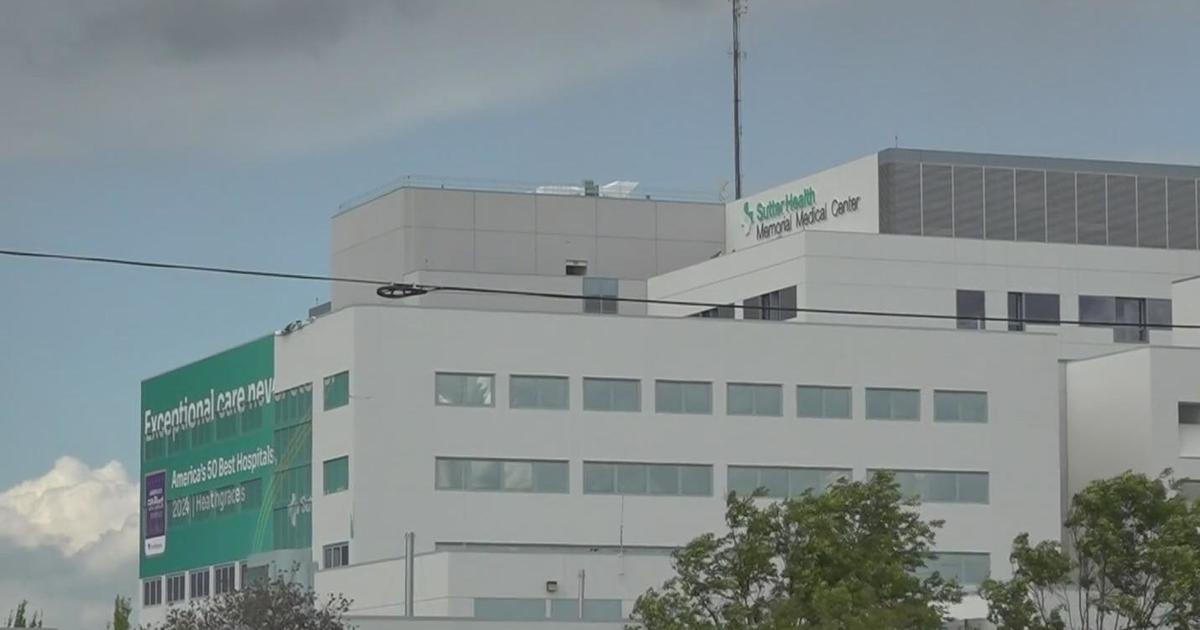CRISPR gene-editing therapy approved by FDA for sickle cell treatment
SACRAMENTO — There is some promising and exciting news about a potential medical breakthrough for those living with sickle cell disease. The U.S. Food and Drug Administration approved a gene-editing therapy, known as CRISPR, as a treatment for the disease that impacts more than 100,000 Americans.
Jennifer Fields is a business president with a big burden. Sickle cell disease has complicated her life in many ways, but it's the pain that can be the worst. In fact, it all came to a head one day while on a flight.
"They actually had to have an emergency landing in Las Vegas because a crisis exacerbated out of nowhere," she said.
For years, Fields and others suffering from the disease have just had to "work through the pain," but that may change after the FDA approved a gene-editing therapy known as CRISPR as a treatment.
First, stem cells are removed from bone marrow and the patient is given chemotherapy to help wipe out the abnormal cells. Then, in a laboratory, the editing technology called CRISPR is used to increase the amount of a protective form of hemoglobin, a protein that picks up oxygen from the lungs and delivers it throughout the body – that protective form usually diminishes after birth. The cells are then infused back into the bloodstream.
Johnny Lubin, a young boy who recently underwent the therapy, is now pain-free. We spoke to Mary Brown, CEO of the Sickle Cell Disease Foundation. She said sickle cell mostly affects people of color and doesn't get as much attention as other disease.
"I think that educating ourselves and making people aware is more important than anything else," Brown said.
This new therapy could be a game changer for people living in pain with sickle cell – people like Fields who have had to reorder their lives.
"For 39 years, living with this has been a life of strategy and just living that, thinking outside of a box of a normal person," she said.
Patients will be followed long-term before the experts call this a cure. Gene editing is expected to cost several million dollars per patient and may not be appropriate for everyone who has sickle cell disease. It would also not prevent the gene from being passed to future generations.



